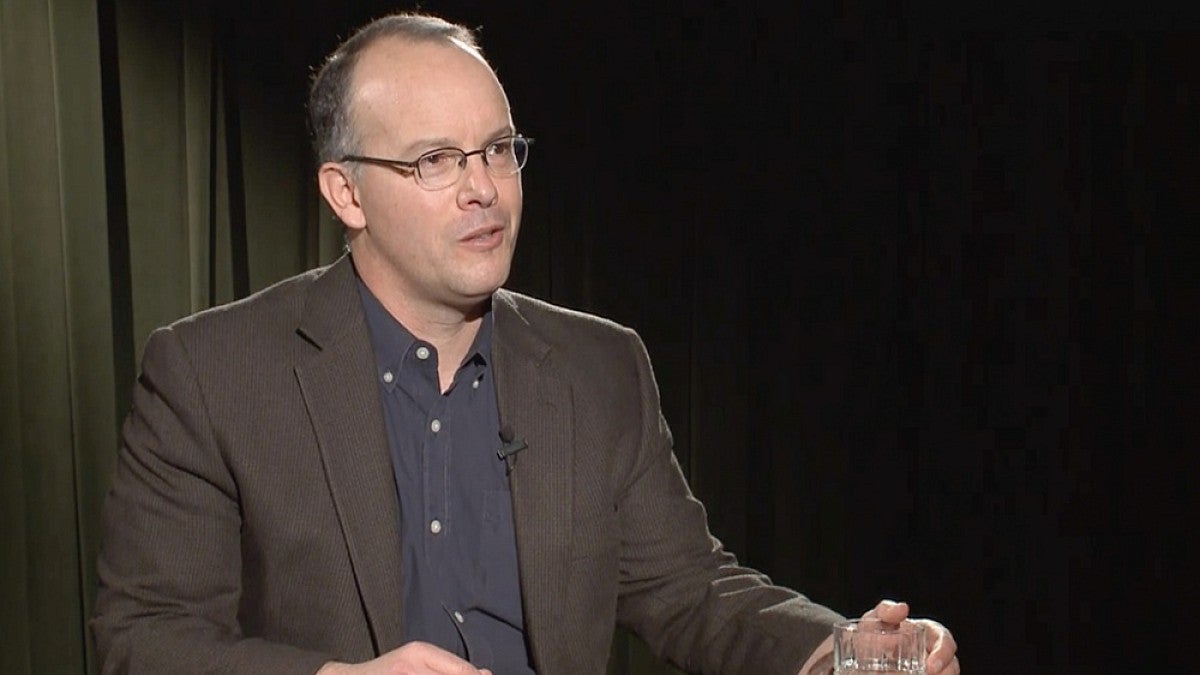In 1752, a Native American man was executed for murders he did not commit.
“He was essentially thrown under the bus by both the British governor and by perhaps the most powerful Creek headman,” said Joshua Piker, a professor of history at the College of William and Mary. “No one thought that he was guilty, but they had to find a way to convince each other that they could accept this. For me, the stories allow us to see this intimately intertwined world, right? They have to essentially lie with each other. It’s easy to lie to each other, but how do you lie with each other?”
This week on UO Today, Piker discusses his research on the relationship between the Creek Indians and the British colonists in South Carolina and Georgia in the 18th century. He spoke about his books “The Four Deaths of Acorn Whistler” and “Okfuskee.”
“What I want to show in my work is that it’s impossible to write early American history without native people in it,” Piker said. “Georgia and South Carolina in the 18th century was a place where everyone knew the Creeks held the balance of power, so it’s very easy for me to get at the relationships I want to talk about by looking at that place.”
In his book “Okfuskee,” Piker delved into the local life of an 18th-century Creek town. Because the location of the town is now underwater, little archaeological evidence remains to examine. Piker searched through southeastern British archives for references to Okfuskee residents.
“You can essentially get observed behavior,” he said. “You can start from that process of observing patterns of behavior — where they were hunting, where they were making war, where they were trading, what they were buying — and you can get a sense of how their community was evolving over time.”
Piker also spoke about the importance of understanding early American history, the Creeks’ involvement in the slave economy and his role as editor of William and Mary Quarterly.
For more, watch the interview on the UO Today channel.
“UO Today” is a weekly half-hour interview program hosted by Paul Peppis, a UO English professor and director of the Oregon Humanities Center. Each episode features a conversation with UO faculty and administrators, visiting scholars, authors or artists.
It is produced by the Oregon Humanities Center in collaboration with UO Libraries’ Center for Media and Educational Technology. An archive of past interviews is available on the Oregon Humanities Center’s website or on their YouTube channel.
—By Sarah Eddy, University Communications.


